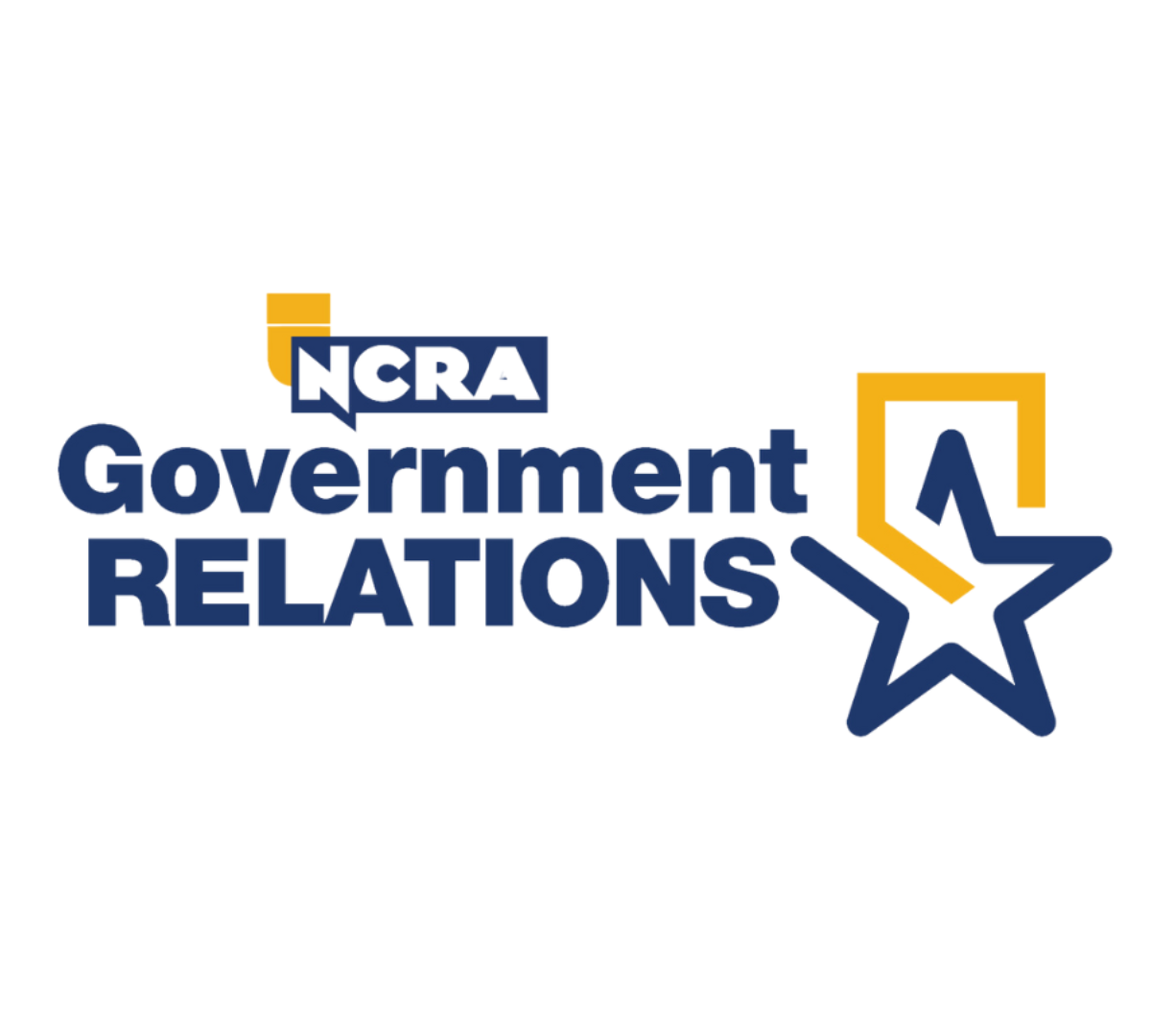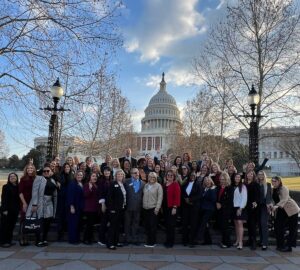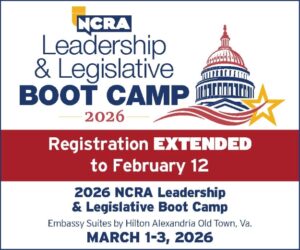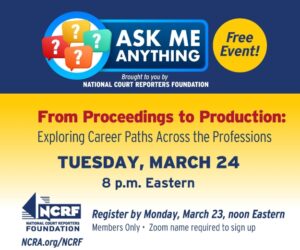In collaboration with the National Court Reporters Association (NCRA) Government Relations Department, President Keith R. Lemons, FAPR, RPR, CRR (Ret.), is aggressively advocating for legislative changes in multiple states to protect court reporters, ensure fair compensation, and uphold rigorous standards for legal videography. On May 9, State Government Relations Manager Colin Brehm delivered the correspondence to 126 lawmakers in Rhode Island, South Carolina, Louisiana, Nevada, and Colorado, urging support for bills that recognize court reporters and legal videographers as essential judicial officers. Each lawmaker was invited to work with the Association’s Government Relations team should they like to connect with local members, be provided with further information, or to resolve any related inquiries.
In Rhode Island, Lemons supports H5892 to shield court reporters’ personal information, citing their vulnerability to threats in high-profile cases. Lemons also backed H6159/SB354, which increases transcription fees to reflect their vital role in accurate court records, boosting local economies.
South Carolina’s 2025-2026 budget proposal earns NCRA’s praise for funding indigent defense transcripts, ensuring certified reporters deliver timely documentation. Lemons urged Gov. Henry McMaster to approve this allocation, emphasizing its role in a fair judicial system.
Louisiana’s HB155, revising court reporter fees, has NCRA’s support as a critical investment in professionals who uphold judicial integrity. Lemons notes that neighboring states like Arkansas and Mississippi have already adjusted fees, pressing Louisiana to follow.
In Nevada, SB191 is commended for regulating legal recorders and raising court reporter pay from $250 to $395 daily. Lemons insists a Certified Legal Video Specialist (CLVS, a certification administered by NCRA) should join the Certified Court Reporters’ Board. The CLVS program enforces rigorous standards, ensuring legal videographers have technical expertise in capturing, utilizing, and retaining legal video as well as ethical conduct to produce reliable records. A CLVS-certified board member would guide regulations for legal recorders, enhancing the accuracy of video documentation that complements official transcripts, crucial for judicial integrity.
Colorado’s HB25-1301, allowing all certified court reporters to administer oaths, is pushed by Lemons to recognize their equal contributions, though he stresses stenographic reporters offer unmatched accuracy.
Lemons’ advocacy underscores court reporters’ and legal videographers’ indispensable roles in the country’s justice system. These bills prioritize their safety, ensure fair pay, and uphold judicial integrity by supporting skilled professionals who safeguard accurate court records.
For more information, contact NCRA’s State Government Relations Manager Colin Brehm at cbrehm@ncra.org.








